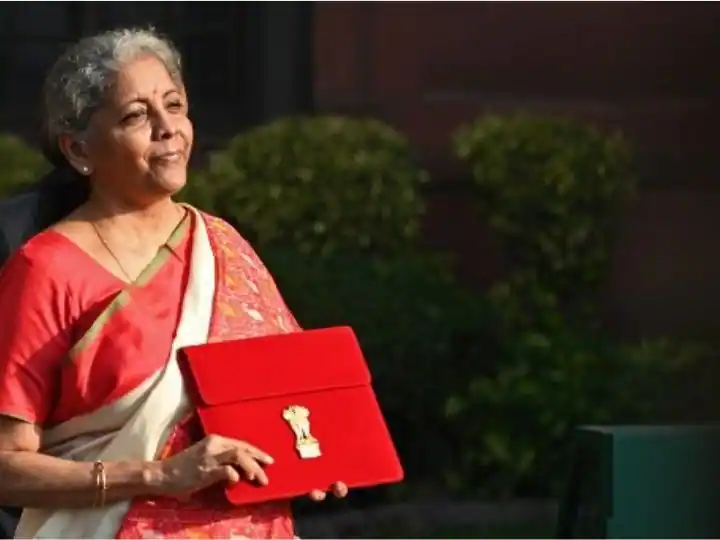Former Congress Chief Rahul Gandhi made a statement on the government’s flagship programme of privatising most public sector units. He said that the National Monetisation Pipeline programme paves the way for monopoly in the Indian market and “is a huge tragedy”.
On Monday, finance minister Nirmala Sitharaman unveiled the 600000 crore National Monetisation Pipeline project. The Centre has identified 13 sectors, including airports, railways, roads, shipping, and gas pipeline, to be privatised. —
On Tuesday, Gandhi said to the media, “Indian assets created over 70 years are being sold off. The PM is giving gifts to select industry friends and launching an assault on the future of the youth.
The sale of assets will create monopolies, and a day will come when the young people will have no jobs because few business houses that are left will not feel the obligation to create jobs.”

The concept is not new, and Congress was the last one in power to have introduced it in 2006. “The Congress is not against privatization, but our policy had some logic.
We never privatized strategic sectors. We privatized chronic loss-making entities and ensured monopolies are not created,” Gandhi further clarified.
The fundraising strategy to privatize the public sector assets to finance the infrastructure of $1.5 trillion is inspired by the experiences of the likes of Australia.
The purpose of privatizing assets, which the Australian Competition and Consumer Commission (ACCC) chair Rod Sims put forth, is to increase the economy’s efficiency. If put, the efficiency of an economy means to utilize every resource or minimize the wastage of any resource.

The Rs 6 trillion assets identified by the Centre include 40 railway stations, 25 airports, 15 stadiums and an unspecified number of railway colonies. The Modi government’s execution is the lack of any debate and clear presentation of the criteria to the stakeholders.
Although the government maintains that the deal will be contractual and hold long-term state ownership, there is no guarantee that the investors will maintain standards or raise prices with the fluctuating market competition.
Andy Mukherjee writes for Bloomberg, pointing out the “controversial motorway sale” of Australia’s WestConnex, which sold 51 per cent of its share in 2018, restricting the access to information and budget estimates hearing. The analysis said that it is essential to enable the end consumer to decide if they are getting a fair deal.
Apart from the lack of a clear goal plan, there could also be concern amongst employees regarding job retention after privatisation. In addition, the potential surge in prices by those operating the roads, gas pipelines or power grids are also not discussed clearly.
P Chidambaram, the former Finance Minister, also took a jibe at the government accusing it of not laying out the aim of this programme.” This exercise (privatisation) has been designed without any ex-ante criteria.
The government should have spelt out what its standards and goals were. You don’t embark upon such a big exercise without first setting out the criteria and what the goals are,” he said.

The disinvestment in PSBs started in 2019 with four banks, followed by the 2021 budget, where Nirmala Sitharaman laid the foundation for the privatisation project.
The apprehension of the public and the opposition comes from the anxiety of imagining the running of PSBs as private banks.
Apart from engaging with the stakeholders, the government can consider the old-age concept of golden share, used by the European governments and the Soviet Union.
Even after divesting the 51 per cent share of the government, which it is planning on doing, it could still maintain the veto power.
Also Read: Centre hikes fair price of sugarcane, farmers demand increase in MSP












